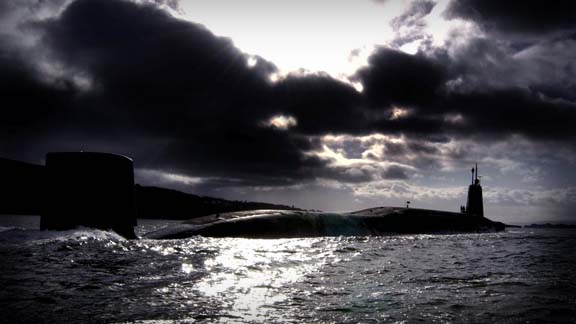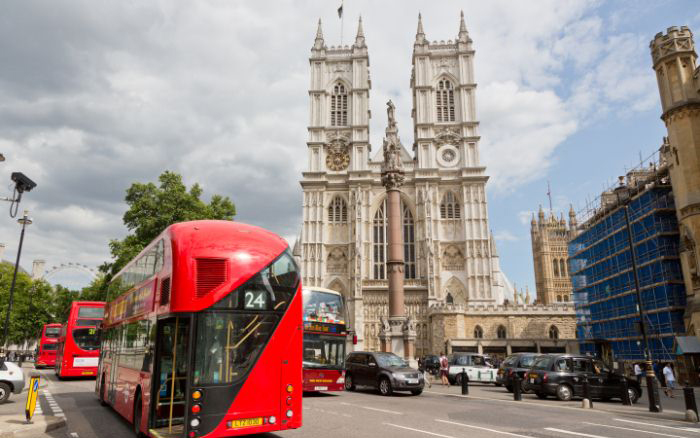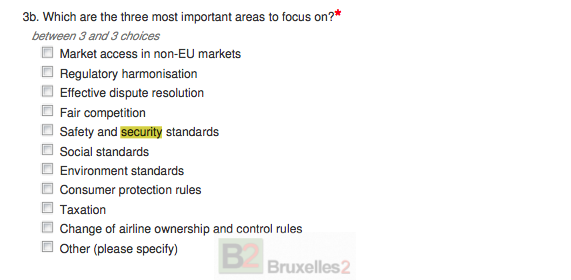God save… England and Europe! Don't say 28 anymore but 27

(BRUXELLES2) Until the last moment the polls dragged out a decoy, the "Remain" winning quite widely. Until midnight we were still at polls winning at 52% (YouGov) or even 54% (IpsosMori). before beating a pitiful retreat. Brexit took hold overnight as counts were counted in traditional England. The pro-Europeans must have become disillusioned. The 'Leave' had won. My analysis probably contrasts with most of the pitiful comments. But I am not sure that Brexit - which raises a whole series of questions - is the disaster announced... for several reasons. is a definite leap into the unknown... But a controlled leap!
Was the result a complete surprise?
The opposite would have been surprising. For years now, the main mass-circulation newspapers (Daily Mail, Daily Telegraph, Daily Express) have been showing, with supporting examples (often the most eccentric...), that Europe is not a good thing and that 'it would be much better to be alone. They campaigned intensely for Brexit. For years, too, many politicians have been pointing the finger at Brussels to avoid questioning themselves. David Cameron was not the last in this sport of 'Europe Bashing'. His pro-European volte-face would have been a real tour de force if he had succeeded.
Is this a disaster for Europe?
It's not sure. On the one hand there will be an agreement with the United Kingdom to allow Europeans and Britons to continue to trade and finance each other. The City, industry, the British economy need European outlets. And vice versa. There is a very clear convergence of interests which will push in the direction of an agreement allowing the United Kingdom to continue to anchor itself economically to the continent. This solution also suits the British: benefit without participating. Read : After Brexit: finished the single market and everything else? Keep reason! Scenarios… Then everything depends on the reaction of the founding countries which, until now, have remained (for about ten years) very timid (a nice word!) on European construction.
Is an agreement easily negotiable? Quickly ?
The deal will not be easy to negotiate. Because there is a series of ties to untie and... to retie. It's a bit of a reverse enlargement procedure. In this negotiation, two major assets remain: 1) the United Kingdom remains a member of the other European organizations (OECD, Council of Europe, NATO, OSCE) and it can return to EFTA which it had helped to create . 2) The United Kingdom already does not participate in half of European policies (Euro, Schengen Area, Police and judicial cooperation). He is therefore not a member of the European Central Bank, of the Frontex Agency. In matters of European defence, he remains an 'outsider'.
Can we come to an agreement quickly?
It will be difficult. But we can think that the negotiation could be faster than expected, at least on the essential: the economy. It is out of the question for the Kingdom to leave any uncertainty for foreign investors, and for all economic sectors (finance, maritime trade, industry, real estate, etc.) essential to the British economy and sensitive to external movements. Lately, they have withheld their signature, or inserted a "Brexit clause" for possible revision of the contract. It would shut down the whole British economic machine. As soon as Brexit was announced, the stock markets fell. If the uncertainty were prolonged, this superficial, bad-tempered movement could also be prolonged and seriously damage the British economy. An agreement, at least transitional, should therefore be announced quickly. The City thus insists on an interim solution.
When does the negotiation start?
Officially, we have to wait for the notification by the British government of its decision to leave the European Union and to apply the procedure provided for in Article 50 of the European Treaty (Read: Brexit! What is the withdrawal procedure? When is it applicable?). In fact, there is no need to wait. From now on, lawyers and Sherpas are at work to build a suitable solution for everyone. If no deadline is fixed for the notification in the treaties, one can wonder whether a notification which is just the transcription of the results of a popular vote can really take several months. It's dubious legally and, above all, very dangerous politically and... economically.
What consequences for the British government?
He will be shaken. This referendum is a clean, personal decision of David Cameron. A campaign promise. There was no political or legal justification for holding a referendum on the European Union. The British Prime Minister is fully committed to the campaign, energetically. But he will now have to assume what is, above all, his defeat, personal. He has also announced his resignation … by October, the time to find a replacement. The Tories will emerge weakened from the battle which divided them.
What consequences for the UK?
It's a real question. Scotland, properly European, could be tempted by the solitary adventure and join the European Union independently. What is legally quite possible provided that it is politically possible (with a second referendum on independence in Scotland). It is enough to negotiate an agreement in the agreement to allow the continuation of the Scots with the agreements linking the United Kingdom to the European Union. In itself, the Scottish question is not very worrying for European stability... The most worrying problem, and often minimized, is Northern Ireland. The peace agreement signed in Ulster is not yet fully consolidated. The idea of a reunified Ireland is clearly mentioned today by certain parties such as Sinn Fein (left, former political branch of the IRA).
What are the consequences for Europe?
They are difficult to estimate. But what is certain today is that the European Union will have to seriously think about how it works. The "bike" method seems dead. The European institutions are disconnected from the population. And the fault lies not with the United Kingdom but ... with the founding countries.
What are the consequences for European defence?
Any ! (Read : Brexit. Is the British necessary for European defense? (and post to follow)
(Nicolas Gros-Verheyde)
Read also: God save the Queen! Europe on the eve of a political revolution?
and our file No. 38. Brexit or Remain. When the Briton digs into Europe




Thank you for this good article, we don't see enough of it these days...
Thank you, Nicolas, for offering us, as often, the possibility of hindsight, even and especially when hot. You are living proof that the EU can exist on the condition of demanding respect from its peoples, on the condition of helping them to reflect on their common interests (not only economic, but also economic) in the medium and long term, and to condition of re-founding the project with the humanist fervor that has always inhabited it. Renée Combal-Weiss – co-founder of the Citoyennes pour l'Europe association (who just received the European Citizen's Prize yesterday, while the British voted … sic). But I am writing to you here in a personal capacity.